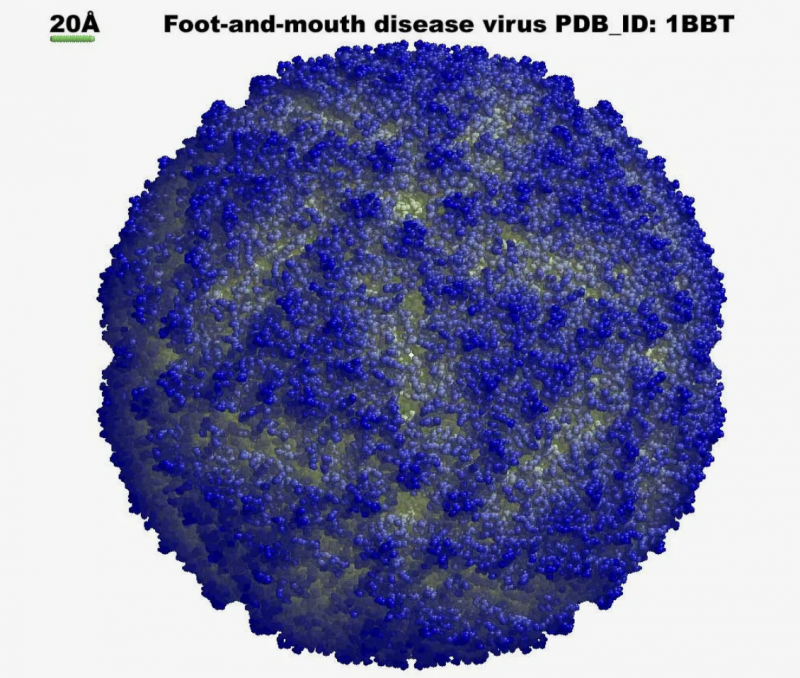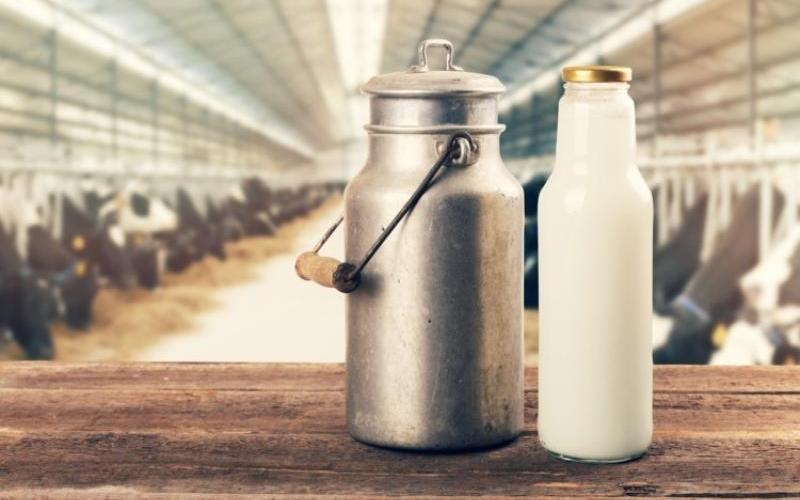Germany Faces Global Trade Restrictions Amid Foot-and-Mouth Disease Outbreak

Germany’s first foot-and-mouth disease (FMD) outbreak in nearly 40 years has triggered a wave of international trade restrictions, disrupting its agricultural sector and causing ripple effects across global markets. The outbreak, detected on a farm near Berlin, has drawn sharp responses from more than ten countries and the European Union, underscoring the serious implications of animal disease outbreaks in an interconnected world.
Widespread Trade Bans
Over ten nations, including major agricultural players such as Australia, Argentina, Belarus, the UK, Kazakhstan, Mexico, Namibia, Russia, Uruguay, and South Korea, have implemented immediate bans on the import of susceptible animals and livestock products from Germany.
Rosselkhoznadzor, Russia’s Federal Service for Veterinary and Phytosanitary Surveillance, announced a temporary suspension of all imports and transit of such products from the entire European Union starting January 20, 2025. This sweeping measure highlights the high stakes of containing the disease’s potential spread beyond Germany.
Within the EU, member states like Belgium, Ireland, the Netherlands, and Poland have heightened controls on animal movements and livestock imports from Germany.
Regionalization and EU Strategy
The European Commission has introduced a regionalization approach in response to the outbreak, restricting animal movement only from the affected area in Brandenburg. This strategy allows livestock trade and exports of animal products to continue from unaffected regions within Germany. While aimed at minimizing disruptions to the broader EU market, critics argue this method may not fully mitigate the risk of disease spread.
Rosselkhoznadzor has expressed skepticism over the EU's measures, citing unregulated animal transport within the bloc as a contributing factor to the outbreak. The agency also pointed to potential disease pathways, including routes from Turkey through Ukraine into the EU, which highlight vulnerabilities in the current system.
Global Implications
The FMD outbreak has sparked concerns across international markets, where Germany is a significant exporter of livestock products. Countries implementing restrictions are taking a cautious approach to protect their own agricultural sectors, with potential for further trade disruptions as the situation develops.
The Netherlands is under scrutiny, with Rosselkhoznadzor requesting details on actions being taken regarding 3,600 calves imported from Germany during the outbreak period. Canada has expanded its list of banned animal imports, adding species such as elephants, giraffes, and tapirs, in a precautionary measure.
Economic and Trade Fallout
With Germany's €1 billion in losses already projected by industry leaders, the restrictions threaten to deepen the economic impact on the country’s agricultural sector. The bans highlight the vulnerability of international trade to disease outbreaks, as governments prioritize biosecurity over market continuity.
Lessons and Responses
The outbreak is a stark reminder of the need for robust disease monitoring and prevention measures. Countries imposing restrictions are emphasizing stringent biosecurity protocols to avoid similar incidents.
For Germany and the EU, the event underscores the importance of addressing gaps in veterinary controls and movement tracking across member states. The situation has also reignited discussions about the balance between trade facilitation and biosecurity, particularly in the context of regionalized responses to animal disease outbreaks.
As global markets react to the outbreak, the evolving trade restrictions reflect a cautious but necessary approach to safeguarding livestock industries worldwide.










